Why the Supreme Court’s Latest Copyright Ruling May Be Short-Lived
Copyright Lately
MAY 10, 2024
Nealy , yet the Court is already poised to make its new decision on copyright damages obsolete. Nealy , ruling that, so long as a claim is timely filed, a copyright plaintiff is “entitled to damages, no matter when the infringement occurred.” The ink’s not even dry on Warner Chappell Music v.

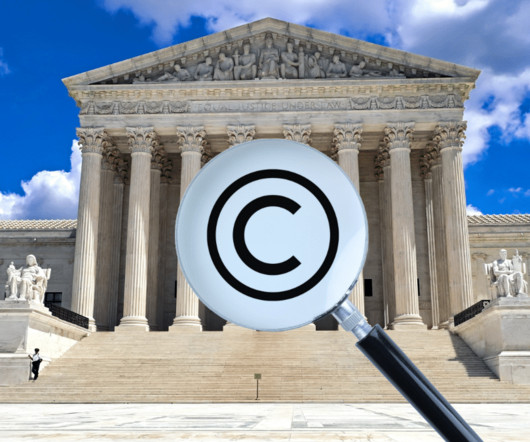
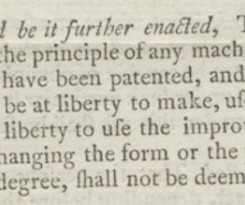
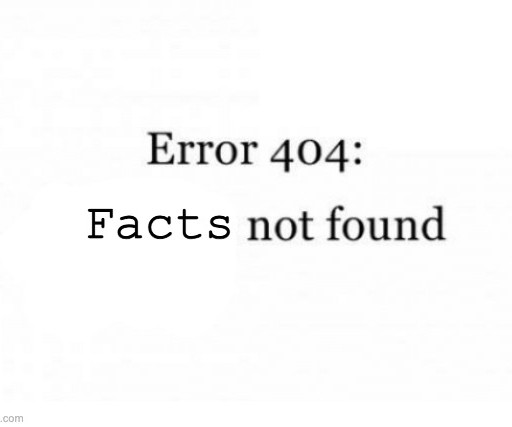



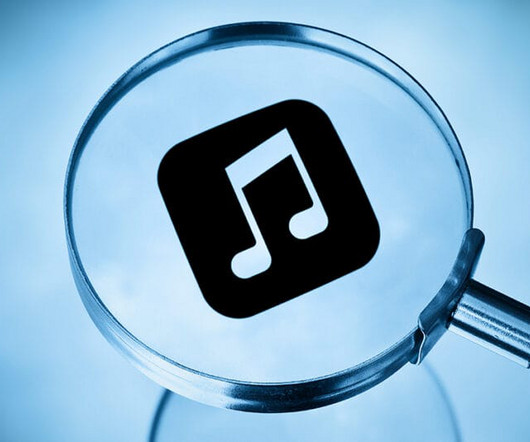
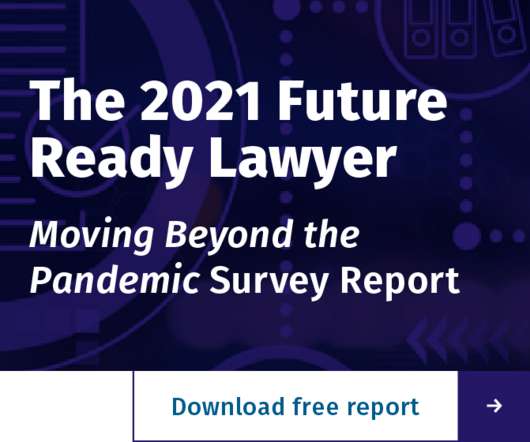
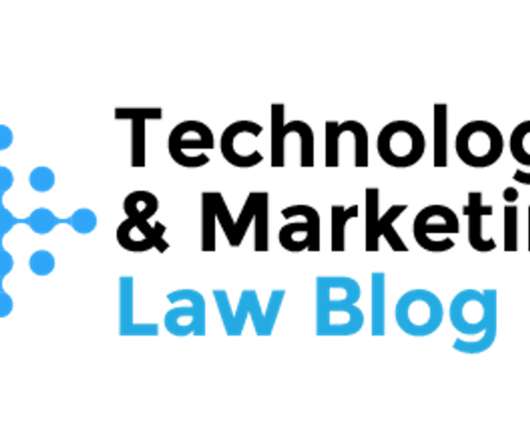







Let's personalize your content